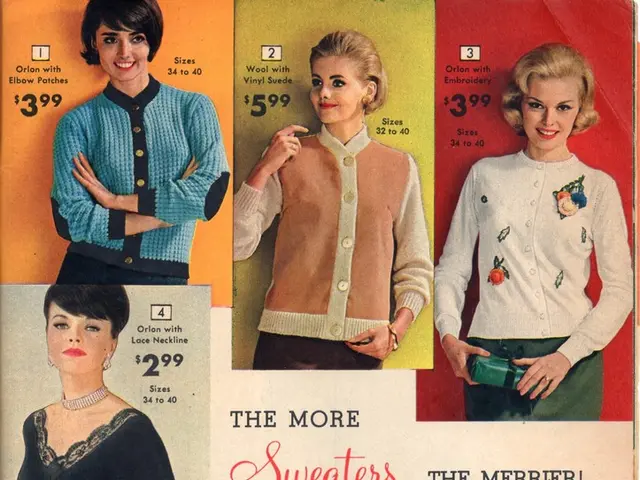Increased tariffs may influence consumer decisions during Amazon's Prime Day sales event.
Over half of consumers preparing for this year's Prime Day plan to stock up on basic necessities, while 45% aim to buy products they believe will increase in price due to tariffs, according to a report by Tinuiti.
A third of consumers are also searching for larger discounts due to tariffs, with the majority of survey respondents expecting at least a 20% reduction for a deal.
Turning to social media to learn about Prime Day offers, 47% rely on Facebook, while 41% prefer YouTube, 39% opt for Instagram, and 28% use TikTok.
With several retailers announcing price hikes due to tariffs, consumers are keen to save money on goods. The survey, conducted among over 1,000 Amazon Prime members, shows that nearly a quarter made earlier purchases due to uncertainty about tariffs.
These findings indicate that consumers are becoming more price-conscious, potentially driving up demand during major sales events like Prime Day.
Consumer confidence has wavered in response to the message from the Trump administration regarding tariffs since January. A University of Michigan survey in April showed a significant drop in consumer expectations, marking a record low since the 1990s.
Consumers will seek discounts at retailers beyond Amazon, with over 50% planning to check out Walmart for deals during the event, followed by Target and Best Buy.
The current tariff situation is resulting in changes in consumer shopping behavior, with individuals more likely to wait for cheaper products, switch brands, or shop at discount retailers. Despite brand loyalty remaining important, consumers are more responsive to retailers that keep them informed about pricing and inventory and offer exclusive deals.
Additionally, there is a growing interest in American-made products, with one in five consumers considering purchasing more domestically produced goods. This trend could significantly impact purchasing decisions during sales events like Prime Day.
In response, retailers are adapting their strategies, focusing on competitive pricing, clear communication, and strategic promotions to maintain customer loyalty and attract new customers.
AI-based research suggests that inflation and increased prices due to tariffs are influencing consumer behavior in the finance, retail, and technology industries. People are turning to social-media platforms to find deals and are more price-conscious than before. They are also switching brands, waiting for cheaper products, or shopping at discount retailers. Moreover, there's a growing trend toward American-made products, with one in five consumers considering purchasing more domestically produced goods. In response, retailers are adapting their strategies to maintain customer loyalty and attract new customers, focusing on competitive pricing, clear communication, and strategic promotions. Entertainment and other businesses may also be affected as consumers tighten their purse strings amid economic uncertainties.








